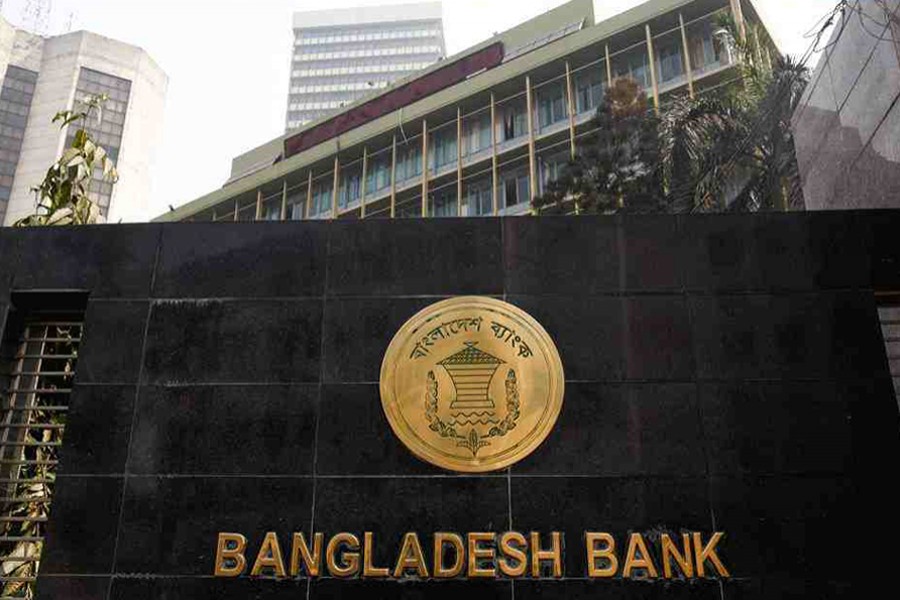The central bank has predicted domestic economic activities are likely to lose momentum in near future as side-effects of the shutdowns and slower growth in foreign trade.
"The ordered implementation of stimulus packages combined with monetary and fiscal policies may mitigate the downside risks of growth outlook and macro-stability," the Bangladesh Bank or BB said in its January-March quarterly released on Thursday.
The pandemic-induced downturn in the world economy, uncertainty over the economic recovery of advanced nations, continued supply chain disruptions, and sluggish trend in global commodity prices may have dampened Bangladesh's growth in the fiscal year just gone by, the central bank noted.
Mustafa K Mujeri, former director general of the Bangladesh Institute of Development Studies, does not believe normal economic activities will resume by the end of this year.
"Economic activities have already been restarted gradually, but the situation has yet to return to normal," Dr. Mujeri, a former chief economist of the central bank, said.
The senior economist, however, said the government's economic relief packages are supporting the restart of the economic activities.
"Definitely, the packages have a positive role in bringing normalcy in the economy but other complementarities like restoring trade linkages and supply chain management should be improved," MrMujeri said.
Prime Minister Sheikh Hasina has so far announced a total of 19 stimulus packages amounting to Tk 1.03 trillion to offset the impact of the coronavirus pandemic on various sectors of the country.
The packages worth 3.7 per cent of the country's gross domestic product will be implemented under supervision of the central bank and the Ministry of Finance.
"The stimulus packages are a bank-based fiscal measure," Toufic Ahmed Choudhury, former director-general of the Bangladesh Institute of Bank Management told the FE.
Dr. Choudhury is not optimistic about the proper implementation of the packages,saying that the banks are facing a lot of challenges including non-performing loans.
Talking to the FE, Shah Mohammad AhsanHabib, professor and director of the BIBM, said the banks will have to help the central bank as well as the government for timely implementation of the stimulus packages.
"The implementation of the packages is crucial to the nation," Dr. Habib said.
On the external front, the central bank report said, there are a number of downward risks and challenges generated by changed global economic outlook brought about by the adverse effects of Covid-19 pandemic on the economy,.
The risks include low recovery in exports and remittances to their trend levels as the repercussions of Covid- 19 pandemic linger in America and Europe, the main destinations of Bangladeshi exports.
Moreover, though low global petroleum prices kept import payments low, falling revenues caused by oil price slump are likely to slow down economic activities in the Gulf region from which Bangladesh receives a lion's share of remittances, the report warned.
The report said the banking sector is expected to play a greater role in channelling funds into the economy to maintain growth momentum in coming quarters.
But most of the banks are moving carefully while implementing the government's stimulus package for industrial and services sectors to avoid being trapped into fresh defaulted loans.
However, effective supervision is needed so that loans under the stimulus package can go to eligible entrepreneurs only, according to the report.


